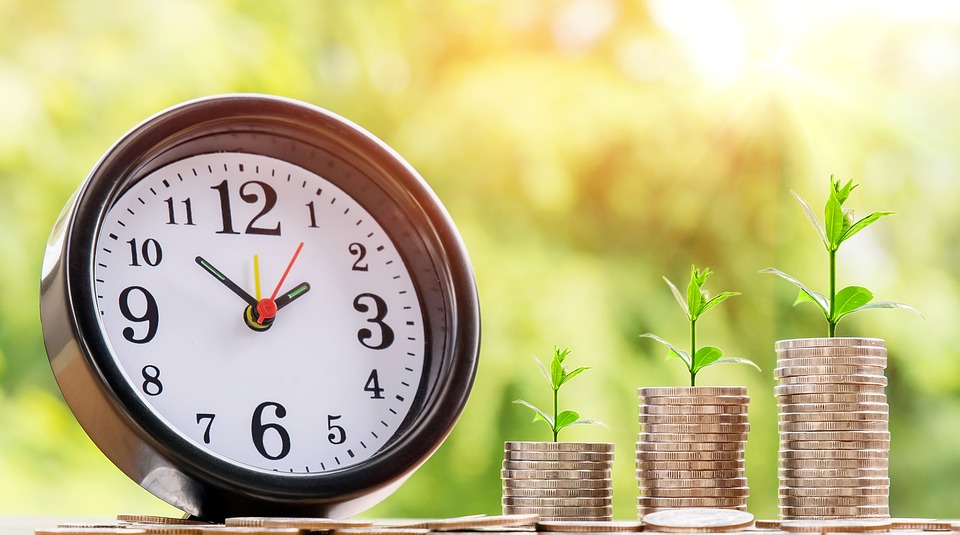In 2018, Former President Trump stated: “These numbers are very, very sustainable. This isn’t a one-time shot!” You might wonder why he mentioned sustainability when talking about the US economy.
My dear friends, allow me to tell you that there is a relationship between economics and sustainability which we will discuss further below.
Economic Sustainability
Sustainability is a simple concept that emphasises human beings’ ability to meet their own needs without jeopardising future generations’ ability to do the same. In other words, it is the coexistence of human civilisation and nature.
Now let’s talk about economics. It is a social science which explains the production, distribution and consumption of goods and services. It is also concerned with the three fundamental economic aspects – scarcity, opportunity cost and demand and supply. Economics can be further divided into macroeconomics which refers to the behaviour and decision-making of an economy as a whole and microeconomics which studies the implications of individuals’ behaviours and decisions.
Overall, economics represents one of the four essential pillars of sustainability and these three points will elaborate on the definition of economic sustainability.
- The first definition of economic sustainability is how it refers to an economic development that does not have any negative impacts on the social, environmental, and cultural aspects of a community.
- Second definition is where economic sustainability is associated with economic growth. And sustainable economic growth can be defined as an increase in the total amount of capital without creating some significant economic problems that can affect negatively future generations.
- The third definition is where the economy is used as a tool to promote sustainability. For instance, economic institutions and structures are employed to boost sustainable development.
Now, let’s look at a definition of the term economic sustainability by the University of Mary Washington:
“Economic sustainability refers to practices that support long-term economic growth without negatively impacting the social, environmental, and cultural aspects of the community.”
The Alternative, a green political party in Denmark tend to emphasise a lot on economic sustainability. According to its theories, the current neoliberal economic system dominating the world has increased the inequality gap, where the rich are getting richer and the poor are becoming poorer. They reject the past years’ economic growth, accompanied by excessive costs and have used up the earth’s natural resources at a very fast rate. They believe that the current economic systems will lead to food shortages, unbearable temperatures, mass migration and a collapse of the ecosystem. Therefore, the concept of economic sustainability is not about promoting growth but green transformation in the society.
A great man once said that, “problems cannot be solved at the same level of thinking that lead to their creation.” Similarly, it applies to how problems arising from old economic systems cannot be solved using old economic thinking and thus, a new system must be created.
To better understand the above concept, let’s take a tour around the economic system. For instance, economic utility and maximisation of sales and profits form part of the elements of an open-market economy. However, based on the concept of economic sustainability, maximisation of profits and individual consumer satisfaction are two aspects which can ultimately lead to the depletion of both natural and social resources.
Moreover, conceptually and geographically, there has been a disconnection between producers and consumers. As a result of specialisation and mass production, consumers no longer know where their products are coming from and who is involved in their production. For instance, consumers do not know whether rules and regulations were respected during the production process.
Another displeasing factor is how today’s advertising consists of a lot of disinformation. For instance, greenwashing is a common tendency where many companies employ certain marketing strategies which convey false and misleading information by claiming that their products are environmentally friendly when they are not.
As you have read above, the “old” economics system can no longer be used in the contemporary world. Hence, this new framework that we call economic sustainability will give rise to a “new” economics.
Economic sustainability is an economic system based on a new paradigm with different goals, boundaries and rules compared to the traditional one. Can our society adjust and adapt to this new concept? Please share your comments below!
